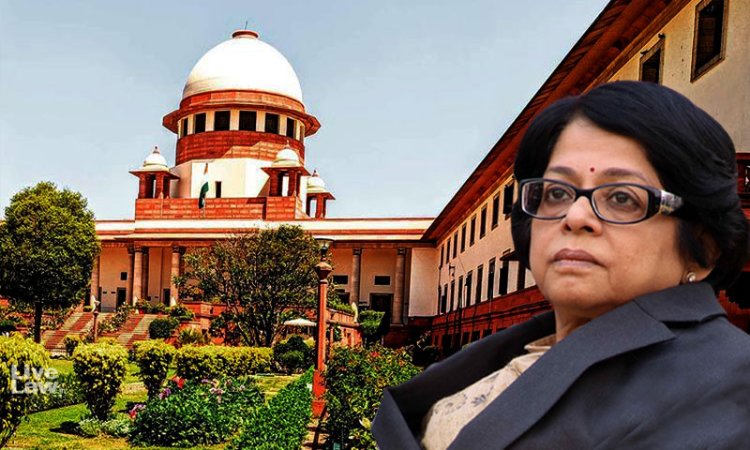- Home
- /
- Top Stories
- /
- Important Judgments Of Justice Indu...
Important Judgments Of Justice Indu Malhotra
Radhika Roy
12 March 2021 9:42 PM IST
Justice Indu Malhotra, the first woman Judge to be elevated directly from the Bar and the seventh woman Judge to be appointed at the Supreme Court, is set to retire on March 13, 2021. Appointed as a Supreme Court Judge on April 27, 2018, Justice Malhotra also holds the distinction of being the second woman to ever be designated a Senior Advocate by the Supreme Court....
Next Story



